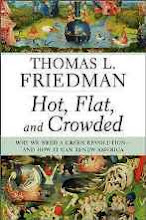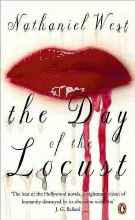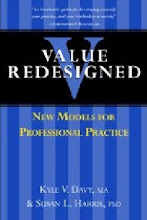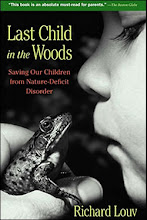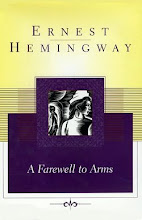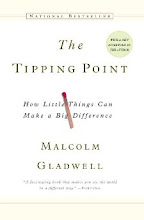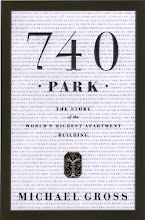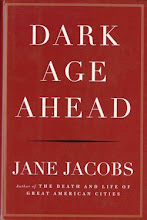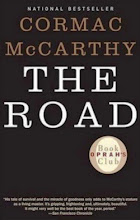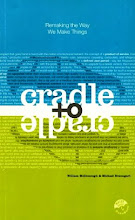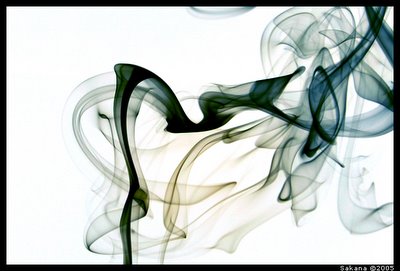
The fragile nature of our existence is ever more present in my thoughts. Having first hand witnessed the impact of a brain trauma, my understanding of the world has been deeply altered. Our collective life experience is nothing more than a wisp of smoke from a cigarette hanging in the still air; it only exists and is recognizable if undisturbed. Even the smallest of gestures can scatter and dissipate life’s delicate balance. A slight draft will mix and blend the smoke distorting all previous arrangements. The collective total of our memory can be lost or altered in a blink of an eye, like the breeze that consumes the fragile smoke. This appreciation of the fragility of self awareness leads me to focus on the moment, since it all we really know as truth.
I’ve watch how the mind struggles to reconnect to old pathways of memory. In my wife’s case it was as if her mind had quite literally experienced an earthquake leaving some items undisturbed, while others were either slightly displaced or completely destroyed. There was little pattern to what remained and what didn’t. She was extremely fortunate to only experience relatively slight trauma compared to most, but the impact in many respects was devastating. Isolated areas of memory and brain function were altered, like a file cabinet that had a few files fall from the drawer scattering the contents. In her case the entire dictionary of words starting with the letter S was reorganized. Instead of soup it was now stew and spaghetti was now spareribs. Tentative mental relationships tangled in a hopeless knot.
Another area of impact was names of relatives and associates. Names were randomly associated with new individuals like picking names from a hat. Surprisingly the new connection was not superficial, but deeply rooted. For a few weeks Marcy was Patti and Linda was Marcy. On the other hand, her livelihood is finance and there was no altering of mental acuity for mathematics, as she quoted from memory interest rates and amortization schedules to the attending physicians. I have yet to look deeper into brain function to determine if there is a correlation with these cognitive skills and the area of damage. I suppose that this particular area of the brain represents a crossroad for associative memory.
The dark side of the experience was truly frightening as I peered into a window of losing one’s mind. Watching her lost unable to find the past was profoundly painful. The loss of self identity and personal perspective created a chasm that I could not bridge regardless of how hard I tried, like watching someone lost through a crystal ball, your calls and pleas go unheard. My explanations and reassurances never provided solace as she struggled with the vastness of darkness of what was now her life. I constructed simple models to illustrate the complex processes that were in motion. Consider that you have worked in an office for the past forty years and all the manuals and references you require are within your fingertips. Each time you require an answer you instinctually reached up and open the right book where the information was located. Today you arrive at work only to find your office of forty years has been moved to a new location. As you sit in your new office you are now surrounded by cartons full of books and manuals, but you do not know which box to look in to immediately find an answer. The prospect of taking all the years of knowledge and organizing them back on the shelves can be intimidating and demoralizing.
The single greatest fear is that many cartons of books were lost never to be returned. How do you get someone to accept that not being who they were or that they will forever be a degraded version of themselves is still a blessing? How can you not grieve the loss and fear the future? The first couple of weeks were easier because so much of the brain was still sleeping. Slowly as the higher intellect of self awareness awoke distinct comparisons of who she was and who she is were now possible facilitating a mental struggle about who she will be.
One aspect of recovery that took a while to understand was absolute denial of the severity of the event. She refused to accept that anything extraordinary occurred, always more intently focused on repairing the damage and fixing the gaps. She would continuously question why people would consider her lucky or blessed, because she did not feel lucky. It took me a long time to understand why this was not a miracle in her mind. Ultimately the event needed to be viewed from within her experience. One normal Friday she had what they call a “thunderclap” headache and in the course of a few hours was rushed into surgery. A few weeks later her mind awoke with little memory of the preceding weeks, but physically she was normal without any pain or after effects. She did not experience the near death emotional trauma that all around her experienced. It was our near death ordeal not hers, deeply traumatizing everyone but herself.
Not only did she deny the miracle, but she refused to associate herself with any information about the procedure, recovery or probable long term disabilities. A number of good website clearly explained how to cope with the memory loss and therapies for a strengthening mental acuity, but she was offended that I had implored to read about her condition. Finally I had to accept the fact that it was not a life altering event for her, which lead me to wonder if this experience was intended to change the lives of those who surround her, because it most certainly did?
In my case, a new understanding of the fragility of existence is not confined by the line between life and death, but rather with an ability to maintain self awareness as grounded in your life experiences. Once we lose memory of ourselves we become divorced from reality and no longer exist as we were, only to wander lost in a new existence. In the blink of an eye everything we know of ourselves can be swept away leaving only a faint trace of the past. Conscientious is a delicate system of electrical charges and stored chemical patterns that shows an amazing ability to heal, but it pales in comparison to the frail temporal balance of existence. I now envision the mind as a wisp of smoke sheltered from the wind. Our existence depends on the smoke remaining connected and visible as it swirls. As each curl of smoke representing a memory or experience, its easy to see how memories change and reinvent the past as the smoke blends with new memories. It’s just as easy to see how memories are lost as they are replaced with new.
“Dream as if you'll live forever, live as if you'll die today.”
James Dean (1931-1955)













